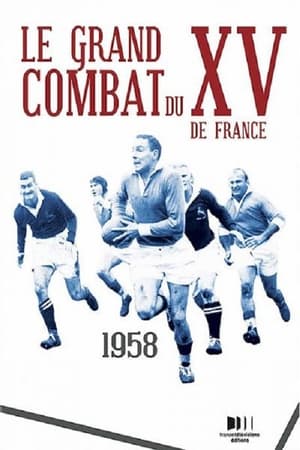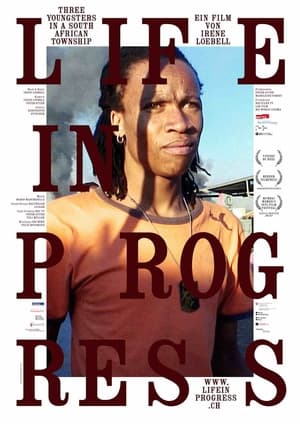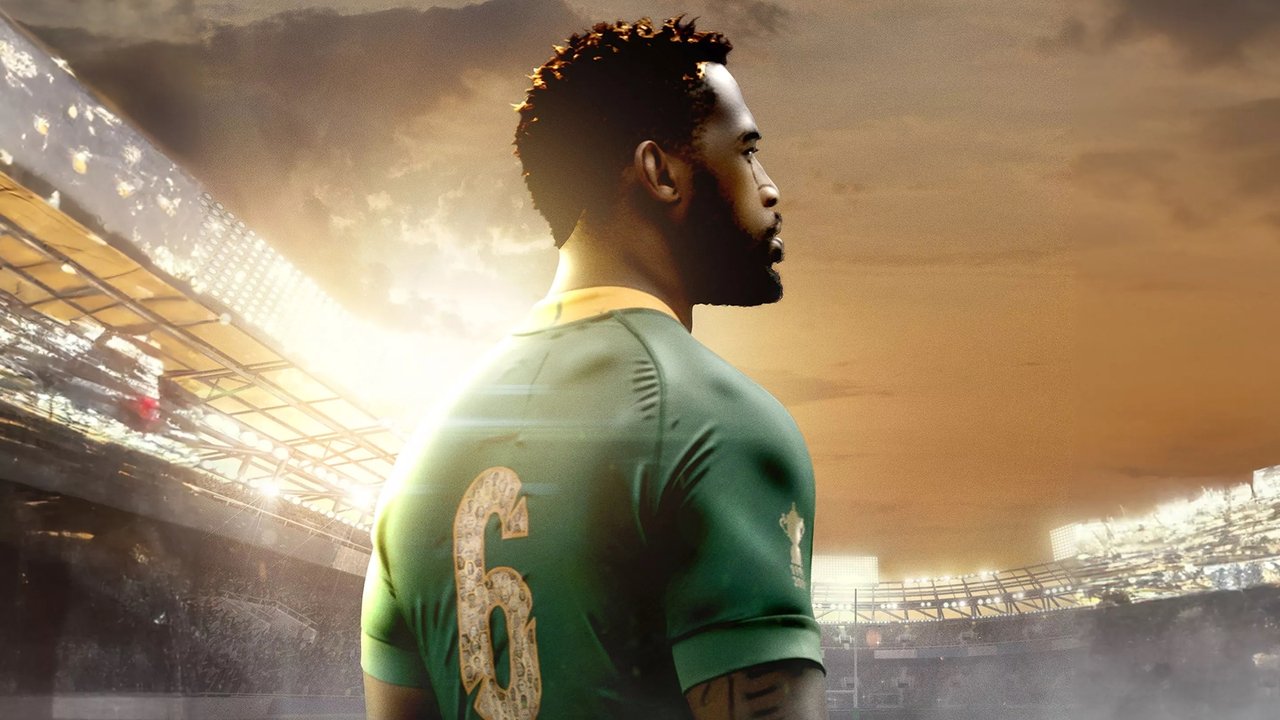
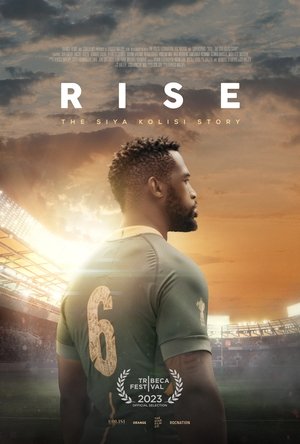
Rise: The Siya Kolisi Story(2023)
The story of the first black South African rugby captain who against all odds led the South African national team to win the 2019 World Cup Rugby and in turn unites the country.
Movie: Rise: The Siya Kolisi Story
Top 1 Billed Cast
Siya Kolisi
Video Trailer Rise: The Siya Kolisi Story
Similar Movies
Pretoria to Durban(en)
This Traveltalk series short gives a glimpse into South African history, albeit from a white person's viewpoint. South Africa is a union of four separate states: the Transvaal, the Orange Free State, Natal, and the Cape Provence.
 6.6
6.62 or 3 Things I Know About Him(de)
What would your family reminiscences about dad sound like if he had been an early supporter of Hitler’s, a leader of the notorious SA and the Third Reich’s minister in charge of Slovakia, including its Final Solution? Executed as a war criminal in 1947, Hanns Ludin left behind a grieving widow and six young children, the youngest of whom became a filmmaker. It's a fascinating, maddening, sometimes even humorous look at what the director calls "a typical German story." (Film Forum)
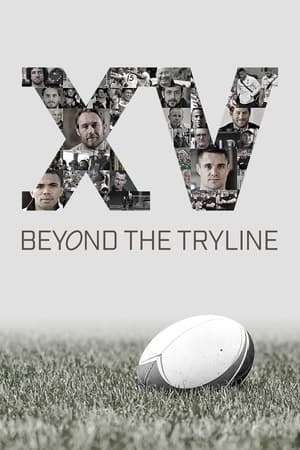 7.5
7.5XV Beyond the Tryline(en)
A behind the scenes look at the sport of rugby with the 2015 Rugby World Cup as a backdrop, featuring interviews from players, coaches, referees and fans.
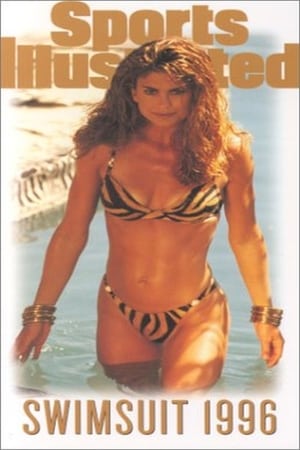 5.5
5.5Sports Illustrated: Swimsuit 1996(en)
Sexy supermodels Tyra Banks, Valeria Mazza, Kathy Ireland, Stacey Williams, Ingrid Seynhaeve, Rebecca Romijn, Angie Everhart, Manon von Gerkan and newcomer Georgianna Robertson hit South Africa for the 1996 Sports Illustrated Swimsuit Issue.
Forest of Crocodiles(en)
How do white South Africans deal with their fears of crime and violence? Like crocodiles, some survive without evolving, living with their fears. Others make fear their friend and evolve in ways you'd never imagine.
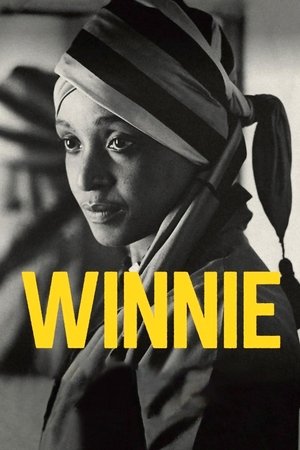 6.4
6.4Winnie(en)
While her husband served a life sentence, paradoxically kept safe and morally uncontaminated, Winnie Mandela rode the raw violence of apartheid, fighting on the front line and underground. This is the untold story of the mysterious forces that combined to take her down, labeling him a saint, her, a sinner.
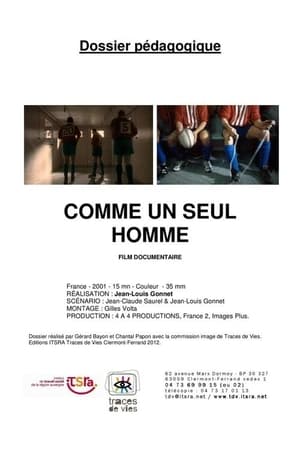 0.0
0.0All for One(fr)
In a closed locker room, rugby players perform the last pre-match rituals. Warming up their souls and bodies, all tense in anticipation of the fight.
My Song Goes Forth(en)
Featuring Paul Robeson, this is the first documentary film to take a serious look at social conditions and race relations in South Africa.
Africa Light / Gray Zone(en)
"Africa Light" - as white local citizens call Namibia. The name suggests romance, the beauty of nature and promises a life without any problems in a country where the difference between rich and poor could hardly be greater. Namibia does not give that impression of it. If you look at its surface it seems like Africa in its most innocent and civilized form. It is a country that is so inviting to dream by its spectacular landscape, stunning scenery and fascinating wildlife. It has a very strong tourism structure and the government gets a lot of money with its magical attraction. But despite its grandiose splendor it is an endless gray zone as well. It oscillates between tradition and modernity, between the cattle in the country and the slums in the city. It shuttles from colonial times, land property reform to minimum wage for everyone. It fluctuates between socialism and cold calculated market economy.
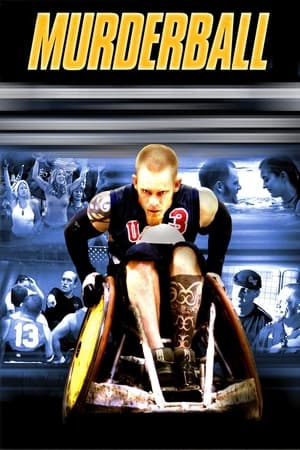 7.1
7.1Murderball(en)
Quadriplegics, who play full-contact rugby in wheelchairs, overcome unimaginable obstacles to compete in the Paralympic Games in Athens, Greece.
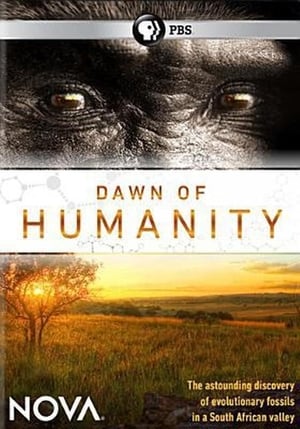 7.5
7.5Dawn of Humanity(en)
Nova and National Geographic present exclusive access to an astounding discovery of ancient fossil human ancestors.
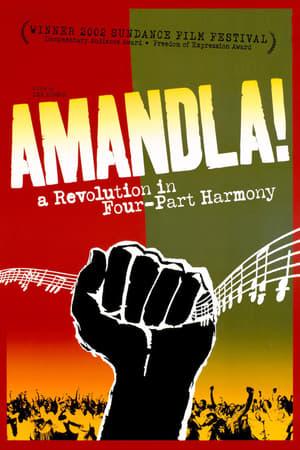 6.4
6.4Amandla! A Revolution in Four-Part Harmony(en)
The struggle to eradicate apartheid in South Africa has been chronicled over time, but no one has addressed the vital role music plays in this challenge. This documentary by Lee Hirsch recounts a fascinating and little-known part of South Africa's political history through archival footage, interviews and, of course, several mesmerizing musical performances.
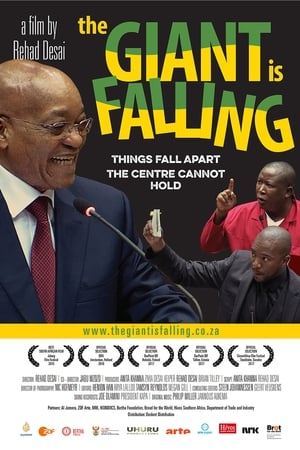 7.0
7.0The Giant is Falling(en)
The film documents the key political issues in recent years in South Africa that have marked the demise of the African National Congress (ANC). These include the Marikana massacre in August 2012, whereby 34 striking miners were gunned down by the ANC government's police force. Rehad Desai documented this historic event in his 2013 film MINERS SHOT DOWN. He refers to the incident once again in his latest film and shows how the ANC is undermining its close connections to the trade unions it set up as a freedom movement under Nelson Mandela, and how students have also turned on the party to protest against tuition fees under the motto #FeesMustFall. The film's compelling footage unmasks the cynical despotism of corrupt president Jacob Zuma, who is chiefly responsible for the ANC's demise and its catastrophic losses at the most recent elections. It also introduces opposition movements that are challenging his now-untenable position.
Street Monkeys(en)
Breaking and entering, gang fights-it's not the lifestyle you would imagine inside the posh Mount Edgecombe Estate in Durban, South Africa. But for our primate cousins, the vervet monkey, just trying to protect their turf is all in a day's work. This group of mischievous vervet monkeys bring action and drama to every street corner. Over the course of a year, two rival gangs, the Pani Troop and the Sugar Cane Gang, will vie for prime real estate. See who will win.
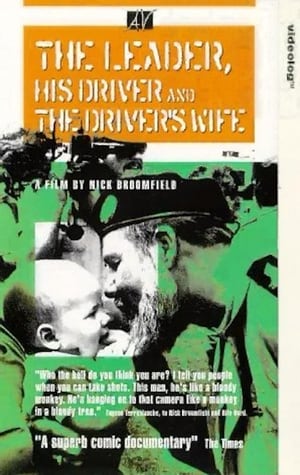 6.5
6.5The Leader, His Driver, and the Driver's Wife(en)
From award-winning director Nick Broomfield, The Leader, His Driver, and the Driver's Wife documents Broomfield's efforts to interview Eugene Terre'Blanche, leader of the sinister neo-nazi AWB Afrikaner Party in South Africa. Cameras capture awkward interactions with skittish AWB supporters, combat training of militant youth, and the coveted interview itself. Broomfield's access to these events is made possible by the leader's driver, whose wavering allegiance to the movement is explored as well.
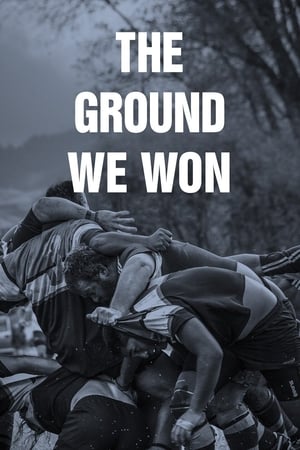 6.2
6.2The Ground We Won(en)
With great bawdiness and backbone, a rugby team made up of farmers strive to redeem themselves from a long run of bitter losses. In the face of the hefty demands of farming and fatherhood, the Saturday game becomes the focus of the men’s passions and the ground on which their worth is proved. ‘The Ground We Won’ is a highly authentic, slice of life film about the challenges and joys of manhood, as seen through the rites and rituals of a rural New Zealand rugby club.
Plaasmoorde: The Killing Fields(en)
Included in this groundbreaking work are interviews with active farm attackers and serving police officers who confirm corrupt police are complicit in the mass‐slaughter of South Africa’s whites. Their truths are horrifying—a man and woman branded with hot irons and left to die. A husband killed in front of his wife and children. An elderly woman raped, another with half her face blown off from a shotgun. And they all share a common thread: revenge. This is a disturbing documentary—it wrought both an emotional and physical toll on all involved. What’s more, Katie was detained at the airport in South Africa on the orders of the African National Congress (ANC) for her work on this project because Plaasmoorde is the story—the truth—they don’t want you to see. We owe it to the victims—to our fellow man—to listen and to open our eyes to the truth.
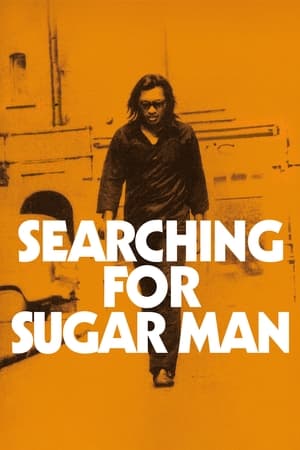 7.9
7.9Searching for Sugar Man(en)
Two South Africans set out to discover what happened to their unlikely musical hero, the mysterious 1970s rock 'n' roller, Rodriguez.

